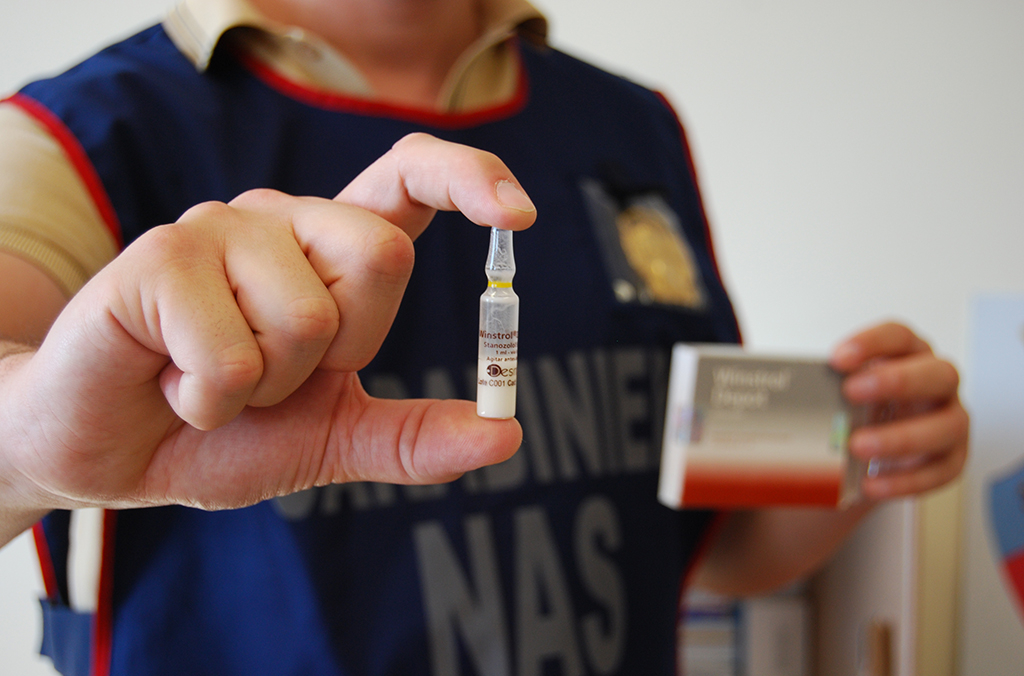Doping is often viewed as a crime committed by an individual. But the reality is that when an athlete takes illegal performance-enhancing drugs (PED), it is just one piece in a larger network of crime.
Doping is the act of consuming artificial and often illegal substances to gain an advantage over others in sporting competitions (anabolic steroids, human growth hormones, stimulants and diuretics for example).
Victory in professional sports can be highly lucrative, increasing the motivation for players to take illegal performance enhancers, and for coaches, managers and other officials to put pressure on them to do so.
The doping substances market is ‘low risk – high profit’, so it is increasingly attractive to organized crime groups worldwide.

Trafficking in performance-enhancing drugs
The mass trafficking of performance-enhancing drugs has major consequences for public health.
Doping products are often illegally produced, trafficked and distributed. As they are rarely approved for public use, their consumption is dangerous and poses a serious health risk to both professional and amateur sportspeople.
The increase in the abuse of doping substances in elite sports is mirrored by a rise in the use of such substances in amateur and recreational sports, and among young people.
Our anti-doping intelligence
Our anti-doping project provides tactical, operational and strategic intelligence related to doping in sport and the trafficking of performance-enhancing drugs. It includes a systematic analysis of each doping case known to us, especially products (types, pictures, brand names, origin and supply chains).
The project provides a framework for investigations requiring international cooperation.
Notices
We use Red, Orange and Purple Notices to alert our member countries to wanted persons, serious threats and modus operandi.
For example, we issued an Orange Notice to alert authorities to 2.4-dinitrophenol (DNP), an illicit and potentially lethal drug used as a dieting and bodybuilding aid. Several Purple Notices have also been issued to inform police of new methods used to disguise performance-enhancing drugs in order to pass them undetected through customs controls.
Partnership with WADA
In 2009, we signed a cooperation agreement with the World Anti-Doping Agency (WADA).
WADA supports our anti-doping activities and provides scientific expertise, particularly when it comes to identifying new doping substances. WADA has also published the World Anti-Doping Code which harmonizes new anti-doping policies in all sports and all countries, and lists all prohibited doping substances and methods.



